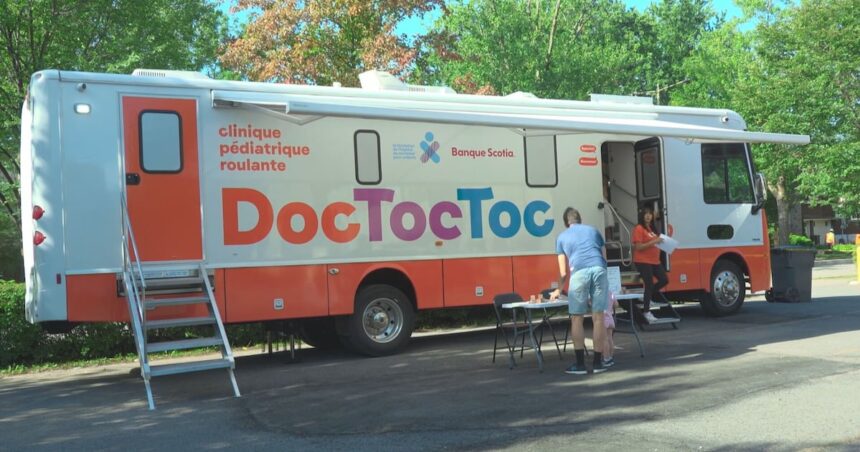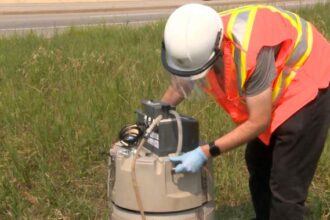In the shadow of Montreal’s gleaming high-rises, a revolutionary approach to healthcare is quietly transforming access to pediatric services across the city’s most vulnerable neighborhoods. The Clinique Pédiatrique Mobile — a fully-equipped medical office on wheels — has begun making scheduled stops throughout underserved communities, bringing essential healthcare directly to families who face significant barriers in accessing traditional medical services.
“We’re eliminating the obstacles that prevent children from receiving proper care,” explains Dr. Marie Lapointe, the program’s medical director. “Transportation costs, taking time off work, navigating complex healthcare systems—these challenges shouldn’t determine whether a child receives medical attention.”
The mobile clinic, launched through a partnership between Montreal Children’s Hospital and several community organizations, features examination rooms, basic diagnostic equipment, and a team of pediatricians, nurses, and social workers. This comprehensive approach allows them to address both immediate health concerns and underlying social determinants of health that disproportionately affect marginalized communities.
Recent data from Quebec’s public health authority shows alarming disparities in healthcare access across Montreal’s neighborhoods, with children in lower-income areas having vaccination rates nearly 15% below the provincial average and significantly higher rates of untreated chronic conditions. The mobile clinic aims to directly address these inequities by establishing consistent presence in communities where needs are highest.
“What makes this initiative particularly effective is its integration with existing community services,” says Antoine Dubois, a social worker with the program. “We’re not just parachuting in with medical care. We’re collaborating with local schools, community centers, and family organizations to build trust and ensure continuity of care.”
The clinic prioritizes preventative care and health education, offering services ranging from routine check-ups and vaccinations to developmental screenings and mental health support. For families like the Morenos, who recently immigrated to Montreal from Colombia, the mobile clinic has been transformative.
“Before discovering the mobile clinic, I would wait until my children were very sick to seek help because getting to the hospital meant three bus transfers and missing an entire day of work,” shares Maria Moreno. “Now, they receive regular check-ups just two blocks from our apartment, and the doctors speak Spanish, which makes a huge difference for us.”
Funding for the initiative comes from a combination of provincial health dollars, private philanthropy, and support from the Montreal Children’s Hospital Foundation. While the initial phase focuses on three priority neighborhoods, plans are already underway to expand the service to additional areas based on community needs assessments.
“The early results are promising,” notes Dr. Lapointe. “We’re seeing significant increases in vaccination compliance, earlier intervention for developmental concerns, and better management of conditions like asthma and diabetes. Most importantly, we’re building relationships with families who have historically felt excluded from the healthcare system.”
As healthcare systems worldwide grapple with access challenges, Montreal’s mobile pediatric clinic represents an innovative approach that may offer valuable lessons for other urban centers. By bringing care directly to communities rather than expecting vulnerable populations to overcome systemic barriers, the program addresses not just medical needs but fundamental questions of healthcare equity.
Will this mobile approach to pediatric care become a new standard for urban healthcare delivery, or will sustainable funding remain an obstacle to permanent implementation? As Montreal’s experiment unfolds, healthcare providers across Canada and beyond will be watching closely for answers.























